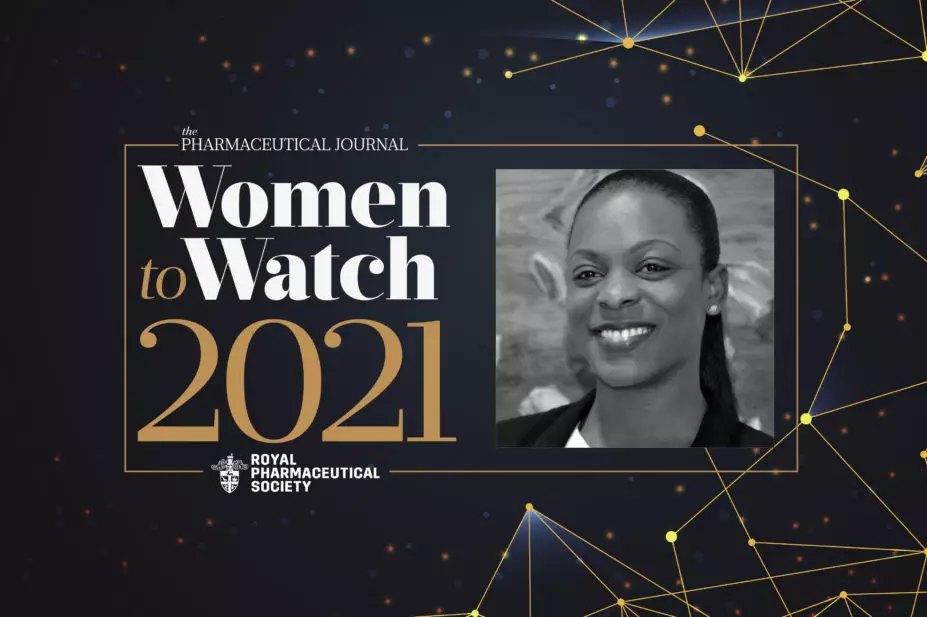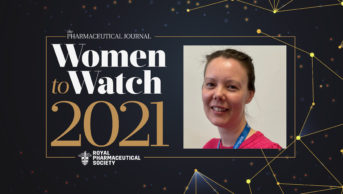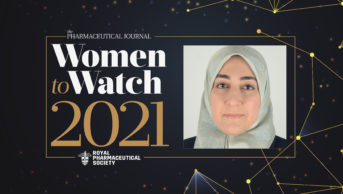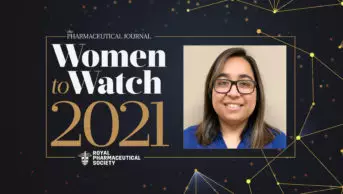
Nkiruka Umaru / Shutterstock.com
It was a role advertised in The Pharmaceutical Journal that unexpectedly changed the direction of Nkiruka Umaru’s pharmacy career from hospital to academia.
“I came across an article with someone wanting to do research in older people, I made enquiries and that’s how I progressed.”
This led to a PhD in pharmacy practice, a lead role for medicines safety in older people at the Eastern Academic Health Science Network and ongoing research into medicines related problems in older people.
One voluntary project that Umaru developed in November 2017, which she hopes to build on, is the Community Conversations about Medicines Initiative. It involved pharmacists connecting with community social groups for older people to talk about medicines and self-care — perhaps over a morning coffee — with no judgement or expectation.
Older patients have concerns about the number of medicines they are taking, says Umaru, and the challenges associated with managing them all.
“They want to know how best to relay these concerns to a relevant member of their healthcare team without being judged. They want to engage in conversations about their medicines, even in an informal capacity,” she says.
Over a period of 14 months, Umaru facilitated eight sessions with a total of 102 patients and carers across the East of England region. It was the informal nature of these conversations that was most valuable and the benefits were presented at the International Forum on Quality and Safety in Healthcare Conference in 2019.
“I’ve always liked talking to people about their medicines and about what a pharmacist can do. Those discussions came quite naturally. Overall, it’s always fascinating to know about the different practices they adopt to manage their medicines. Some, I advise against of course!”
Currently, Umaru is planning a pilot for the Medication Consultation Aide Memoire (MedCAM) tool she developed to improve the experience of patients and carers during consultations with a healthcare professional.
“Again, this was about talking to healthcare professionals and patients to support them to get the best they can out of conversations. We developed a tool to support that, and the next stage is trying to do it in an objective way.”
It’s always my pleasure to directly impact students at the stage when they are really beginning to shape their career paths
But it is perhaps her work as an inspiration for the future generation of pharmacists that sets Umaru apart. She is principal lecturer and team lead for postgraduate pharmacy practice at the University of Hertfordshire. Her team oversees the postgraduate diploma and master’s in pharmacy practice programmes, the Overseas Pharmacists Assessment Programme and supports the non-medical prescribing programme. She also provides unyielding support for students, who might doubt their abilities.
“Working with international students means that I constantly have to educate myself on their needs as this may differ significantly from my expectations,” she says. “It’s always my pleasure to directly impact students at the stage when they are really beginning to shape their career paths.”
More recently, Umaru has assumed the role of Health Education England regional lead for pharmacist foundation training. She has supervised master’s and PhD student research projects and carried out her own studies, which have been published in peer reviewed journals.
For someone who has achieved so much, Umaru remembers what it was like at the beginning of her academic career: “The stereotypical lecturer, at least then, was white and male and that’s what students expected when they turned up — they didn’t expect someone who looked like them.”
She recalls one incident after returning from maternity leave where she was mistaken for a student. “I came into the [lecture] room and a colleague asked me to take a seat. The students went really quiet as they knew who I was.”
Umaru states that at least things are a bit different now.
It is perhaps this testimonial from one of her former students that says the most: “The support she provided me taught me the skills to rise from a junior pharmacist to the confident senior pharmacist I am today.”
Panellist comments
“A black woman in academia would have encountered many challenges and to prosper shows enormous resilience and passion to succeed.”
“Impressive record of research that makes a real difference to people and their engagement in the medicines they are taking.”
“Some glowing testimonials from those she works with and has taught.”
Meet the rest of The Pharmaceutical Journal’s Women to Watch 2021 here


